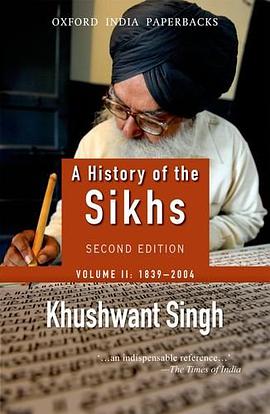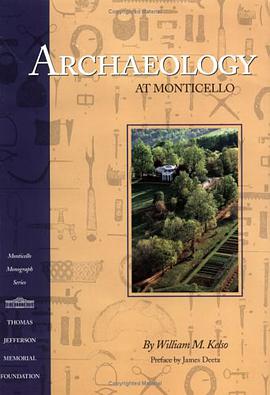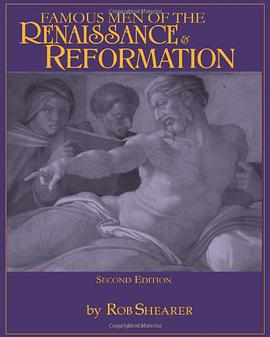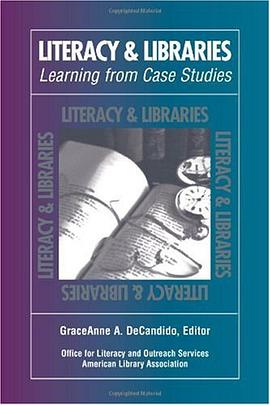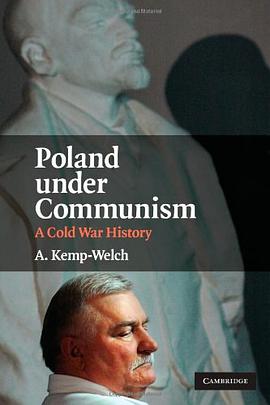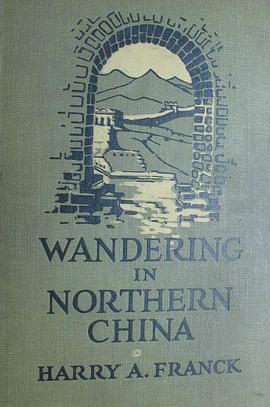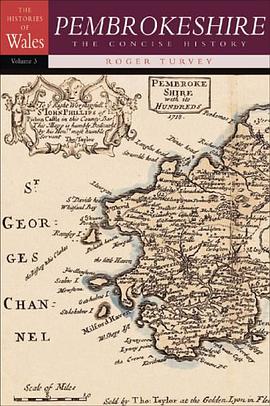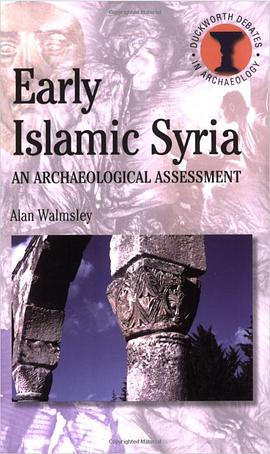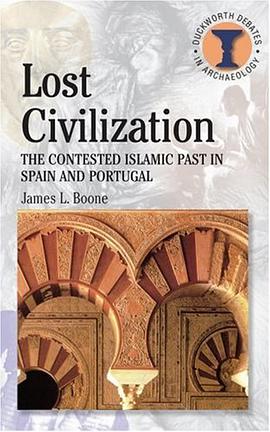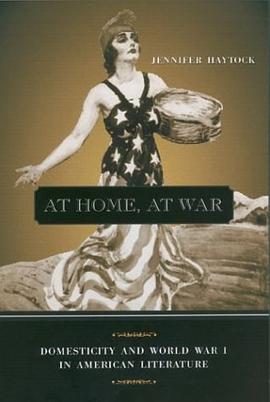

This study demonstrates that such literary divisions as war novel and domestic novel limit readers' understanding of the ways these categories rely on and respond to each other. Haytock argues that gender creates an ideological context through which both domesticity and war are viewed and understood; issues of home and violence are intricately related for U.S. authors who wrote about the First World War. Haytock explores what war and domestic texts represent in light of the deconstructionist said in its cultural and historical context and seeing what is not said. Readers take food, shelter, and clothing for granted, and yet the way we treat them is part of what allows us to define ourselves as "civilized." In war novels and domestic novels by Temple Beiley, Ellen, Glasgow, Edith Wharton, Willa Cather, John Dos Passons, Thomas Boyd, Ernest Hemingway, William Faulkner, and Eudora Welty, the idea of home and domestic rituals contribute to the creation of war propaganda, the soldier's experience of war, and the home front's ability to confront the war after the fact. This approach helps literary criticism reject the separation of men's and women's writing, particularly but not only their writing about war.
具体描述
读后感
评分
评分
评分
评分
用户评价
相关图书
本站所有内容均为互联网搜索引擎提供的公开搜索信息,本站不存储任何数据与内容,任何内容与数据均与本站无关,如有需要请联系相关搜索引擎包括但不限于百度,google,bing,sogou 等
© 2025 book.wenda123.org All Rights Reserved. 图书目录大全 版权所有


